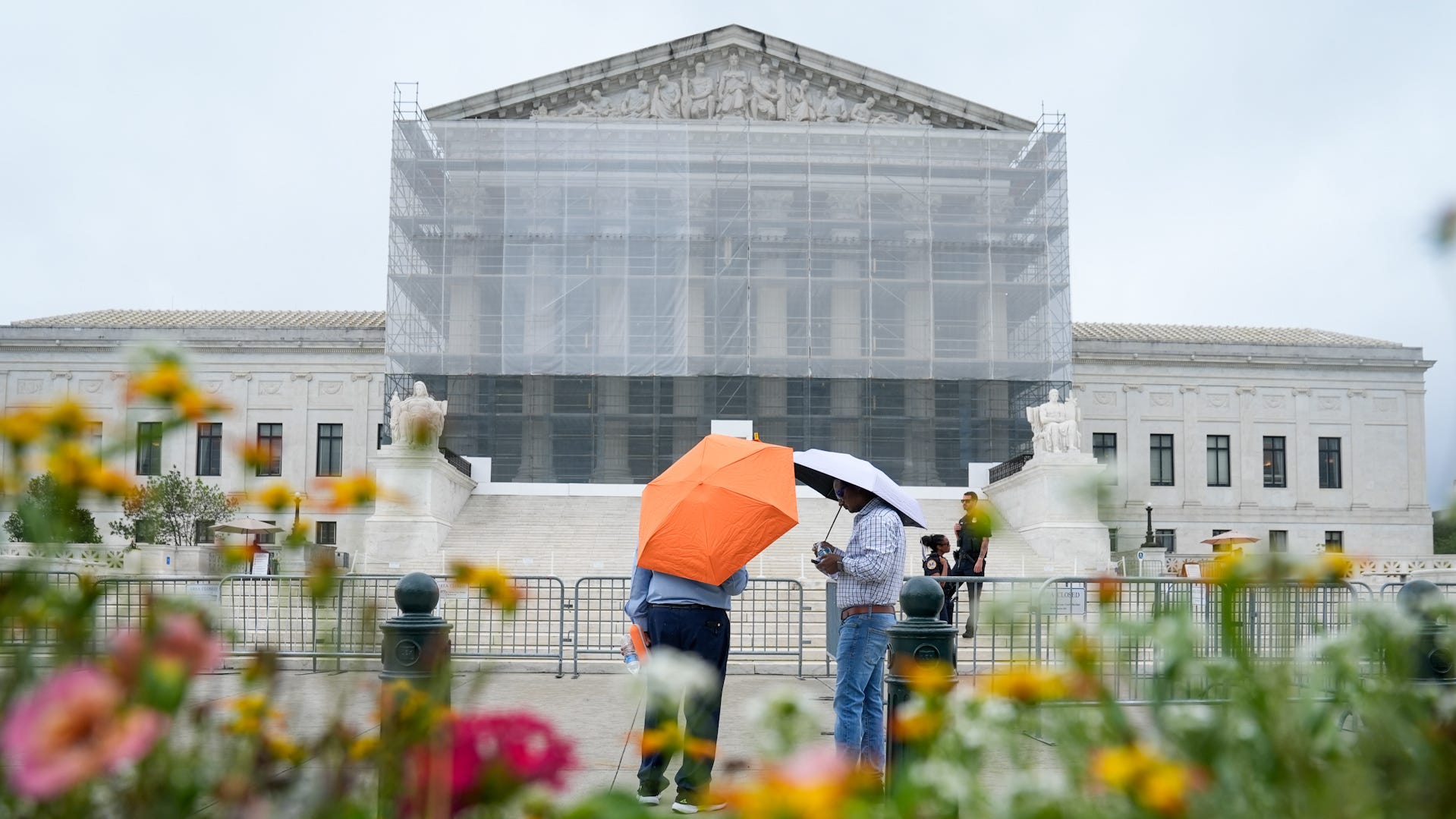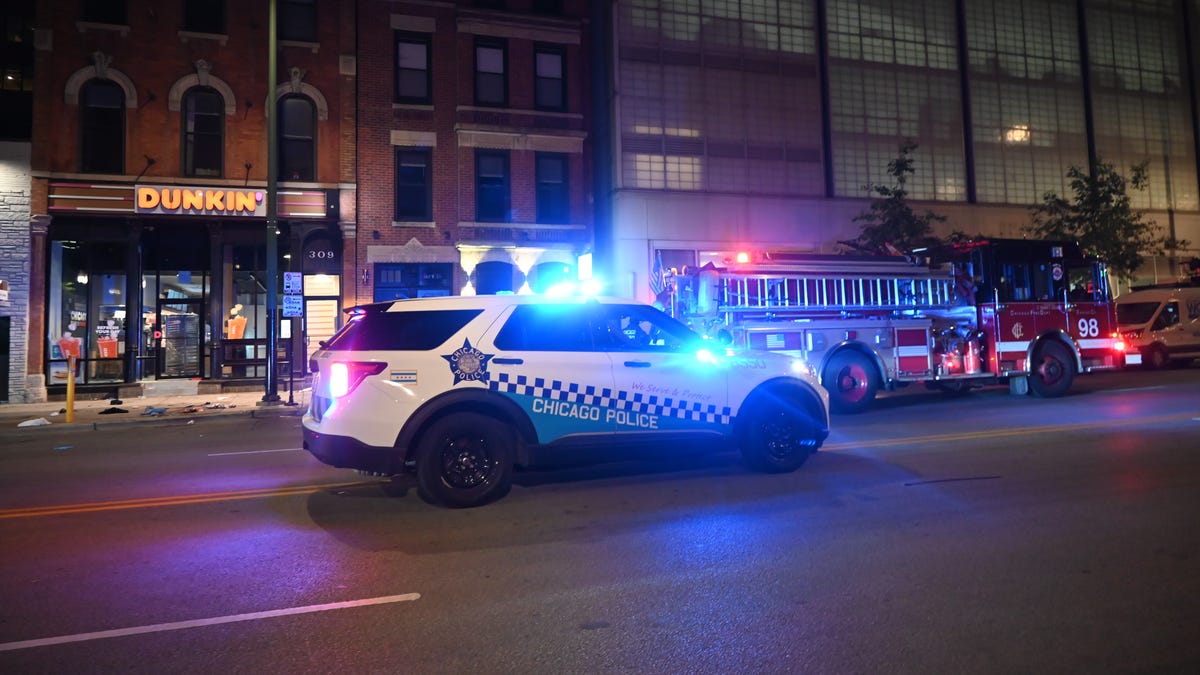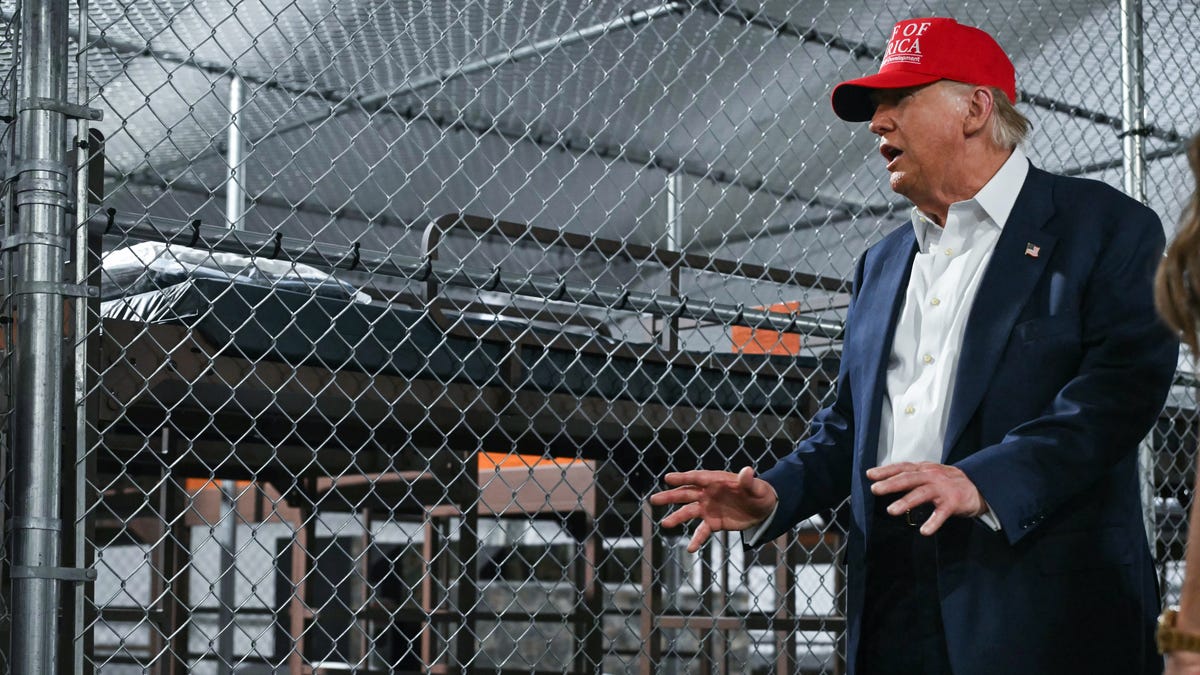More than three decades ago, these parents battled unsuccessfully in the courts for parental rights in their public schools. Now, they weigh the high court’s ruling in a key Maryland case.

Parents, activists react to parents’ rights Supreme Court ruling
Parents and activists are reacting to the Supreme Court’s 6-3 ruling on parents’ rights in public schools.
- The U.S. Supreme Court on June 27 ruled in favor of Maryland parents who wanted to opt their children out of reading books with LGBTQ+ themes in public schools.
- Over the last several decades, parents have made similar arguments in lawsuits over public school textbooks, sex education programs and health classes.
- People involved in such lawsuits had different views on the Maryland case. Some said the district should have allowed opt-outs, while others said a broad parental opt-out right could be disruptive.
On April 8, 1992, Suzanne Brown asked her son, Jason Mesiti, about his day at school.
“He said, ‘Probably the worst in my life,’” Brown recalled.
Though she said the remark was “somewhat dramatic,” she, too, was disturbed by what her son, a high school sophomore at the time, described.
Jason had to attend an assembly about sex and AIDS prevention at his school in Chelmsford, Massachusetts. He described the program’s use of “profane, lewd and lascivious language” and how at one point a demonstration included a female student pulling a condom over a male student’s head.
Jason said such actions made it feel “like you were being Punk’d.” Brown said she was “totally shocked” upon reviewing a transcript of the program.
His family sued but was unsuccessful. The religious beliefs of parents was a key part of the case.
Brown said she should have been notified about the content of that program and had the opportunity to opt out.
Now, more than three decades later, parents have that right, thanks to a ruling June 27 by the U.S. Supreme Court, which sided with a group of Maryland parents who wanted to opt their children out of English language arts curriculum with LBGTQ+ characters.
Montgomery County Public Schools initially allowed opt-outs but later ended such accommodations because they threatened to cause “significant disruptions.” A group of parents sued, and the case before the high court was one of the most high-profile this year, with sweeping ramifications for public school districts across the nation.
In the 6-3 decision, the court said the school district violated the parents’ First Amendment rights to the free exercise of religion by not allowing them to opt out from having their children read books with LGBTQ+ themes at school.
Justice Samuel Alito said parents have an established right to direct their children’s religious upbringing. The books in the Maryland case, he said, “unmistakably convey a particular viewpoint about same-sex marriage and gender.”
The three liberal justices disagreed. Public schools have the “core premise” of introducing students to a “range of concepts and views that reflect our entire society,” Justice Sonia Sotomayor wrote.
“Exposure to new ideas has always been a vital part of that project, until now,” she wrote.
Sotomayor said the ruling could result in “chaos” for the public school system and have a chilling effect on disadvantaged public schools that may be wary of introducing curriculums that could invite lawsuits or create logistical challenges.
Looking at things now, Brown said, she doesn’t believe allowing parents to opt out places an “overwhelming” burden on schools.
“If the parents don’t care … that’s up to them, but if a parent does have beliefs and truths they want to stick to for their children, I think they should have the right to do that.”
Opt-outs may only provide ‘myth of control,’ defendant says
Suzi Landolphi, who created the program Jason Mesiti attended and was named in the lawsuit that followed, acknowledged that her tactics were unorthodox and could even be “traumatizing” for some students.
But she said school officials wanted students to attend the program given the AIDS epidemic that was, at that time, killing tens of thousands of Americans each year.
She said that schools could have decided whether to require parents’ permission for students to attend her program but that Chelmsford High School opted not to do so. USA TODAY reached out to the school for comment.
Though she “would’ve absolutely preferred” students to have parental permission to attend her program, Landolphi moved forward with the goal of using humor and theatricality to spread awareness of serious issues among high school students.
“The last thing in the world I want to do is stand up there and lecture and, first of all, not have any young people come in to the performance or to the presentation. And then I don’t want them to tune out, because this is important, life-saving information,” she said.
Landolphi, who now is a therapist, said she has “no trouble” with parents wanting to prevent their children from being exposed to certain content.
But she said such measures may support only the “myth of control.” Parents can’t expect to shield their children from everything they find objectionable in the age of smartphones and social media, she said.
Brown described her family as followers of Christ but said her objection to Landolphi’s program more than three decades ago was driven primarily by “common sense.”
A district court dismissed her lawsuit in 1995. The decision was later upheld by the 1st U.S. Circuit Court of Appeals.
Landolphi told USA TODAY there have been times when she disagreed with her children’s curriculum. Those occasions prompted conversations that “allowed for deeper understanding and connection,” but she said she “never felt burdened” by such incidents.
Mesiti, like his mother, told USA TODAY that parents “have a right to do what they want” as it relates to their children. At the same time, he disagrees with book bans and believes students benefit from exposure to diverse beliefs and ways of living.
“I believe schools should distinguish between potentially harmful, age-inappropriate content and lawful, necessary civil rights education,” Mesiti said. “The former may justify opt-outs, and the latter should remain mandatory for informed citizenship and workplace readiness.”
But Mesiti said he is concerned about public schools “playing it safe” in light of the U.S. Supreme Court’s ruling in Mahmoud v. Taylor, the Maryland case, and “limiting essential, factual curriculum.”
Likewise, Zach Schurin, an attorney with expertise in education law, echoed Sotomayor’s concerns. Public school districts may now “think very long and hard about including curriculum that is controversial in nature,” he said.
Based on the court’s ruling, a school that still seeks to require such material without allowing opt-outs must prove it has a compelling interest in doing so that overrides the burden on parents’ free exercise of religion, he said.
But he said the details of the ruling suggest it “would be hard to meet that standard.”
Tennessee case was a ‘proxy war’ in the ’80s
The multitude of perspectives on parents’ rights speaks to the “fundamental, touchy nature” of public education, said Stephen Bates, a University of Nevada, Las Vegas, professor and author of the book “Battleground: One Mother’s Crusade, the Religious Right and the Struggle for Control of our Classrooms.”
The book is based on Mozert v. Hawkins County Board of Education, a 1987 case in Tennessee that has parallels to the recent Maryland case. It involved a group of evangelical parents who felt that requiring students to read material that conflicted with their religious beliefs was a violation of their First Amendment rights.
A judge ruled in 1986 that the parents had a right to opt their children out of the district’s reading program “with appropriate provisions for home instruction” while still having them attend public school for other subjects.
The 6th U.S. Circuit Court of Appeals reversed that ruling the following year and sent the case back to the lower court with “directions to dismiss the complaint.”
It was ultimately a “political story,” Bates said. Though the case originated as a local dispute, it attracted attention from national groups and became “kind of a proxy war.”
The parents were backed by Concerned Women for America, for example, while the civil liberties group People for the American Way supported the school on the grounds that a ruling in the parents’ favor “could have caused chaos in public education across the country.”
The Maryland case has similarly involved national players.
The Becket Fund for Religious Liberty represented the Maryland parents, who also had support from the Southeastern Legal Foundation and Regent University’s Robertson Center for Constitutional Law.
The school district, however, had backing from groups like the American Civil Liberties Union, the Freedom From Religion Foundation and GLAAD.
Bates supported the Supreme Court’s ruling and said classrooms benefit from accommodating students from a variety of perspectives.
“The public school is one of the last places in American life where people from different backgrounds mix,” he said. “In our polarized times, that kind of exposure matters.”
He noted that some families left Montgomery County Public Schools over the ban on opt-outs, meaning a “curriculum designed to promote diversity ended up making the schools less diverse.”
‘Behind every case are families doing their best’
Corky Leebaert was in seventh grade when his father, Turk Leebaert, objected to his mandatory health class in 1998.
The course covered topics including drugs, alcohol and sex. Though a Connecticut law allowed parents to opt their children out of lessons related to family life, such as sexuality and family planning, Turk Leebaert sought to remove his son from the course altogether.
Corky Leebaert failed the course because of lack of attendance. His father later sued school officials and the town of Fairfield, Connecticut, in 2002 on First and Fourteenth Amendment grounds.
“I believe that God has empowered human beings with the right to bring their children up with correct moral principles in dealing with the issues taught in this course, not the school system,” Turk Leebaert wrote in an affidavit referenced in the lawsuit.
Corky Leebaert told USA TODAY he didn’t “fully grasp the legal significance of what was happening” at the time given his young age but felt a “quiet tension” from faculty and staff.
“I wouldn’t describe it as overt mistreatment, but there was definitely a sense that I was ‘part of something’ that made people uncomfortable,” he said. “It was subtle – hesitations in conversation, brief looks – but it was there.”
He didn’t have a personal objection to the material but respected his father’s beliefs and decision to pursue legal action.
Though he said he understands schools “have an obligation to provide consistent education,” which was among a district court judge’s reasons for ruling against his father, he also believes parents should have a right to opt their children out of a curriculum they find “unethical or morally inappropriate.”
In cases like the one in Maryland, he supports schools having inclusive books in the curriculum but allowing parents to opt out. If the majority do, he said, the school should find alternative material.
At the same time, he’s “cautious about broad opt-out rights.”
“If we allow opt-outs for every issue that makes someone uncomfortable, we risk eroding the integrity of public education,” he said.
Now a father himself, Leebaert said he keeps tabs on his children’s curriculum, “not because I’m looking for things to reject, but because I believe engagement is part of responsible parenting.”
He ultimately believes students are best served when parents and schools build a partnership in which there is room for “flexibility and accommodation.”
“Leebaert v. Harrington taught me that legal systems often move impersonally, but behind every case are families doing their best to navigate difficult questions.”
BrieAnna Frank is a First Amendment Reporting Fellow at USA TODAY. Reach her at bjfrank@usatoday.com.
USA TODAY’s coverage of First Amendment issues is funded through a collaboration between the Freedom Forum and Journalism Funding Partners. Funders do not provide editorial input.









